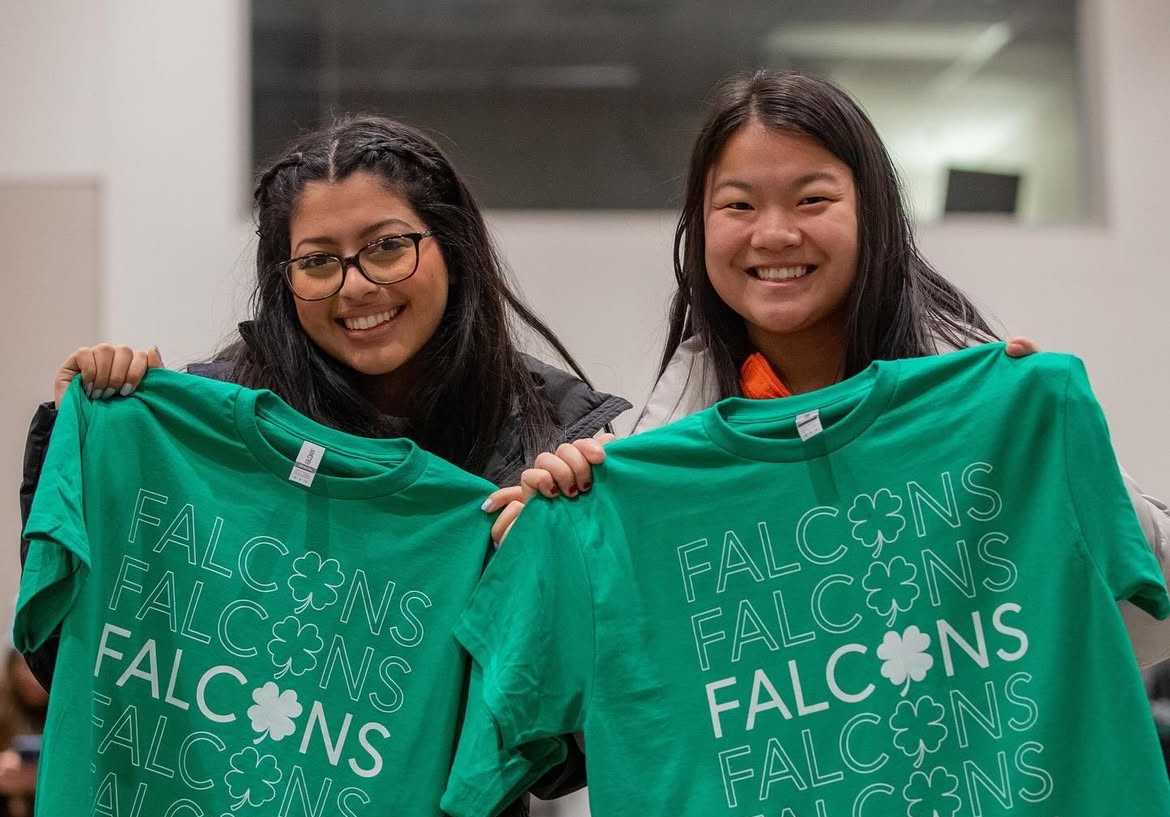When students move out of their residence halls and off campus apartments, instead of throwing out the things they don’t want, they can choose to give some of their things to charity.
This year and for the past 12 years, students could donate clothes, nonperishable foods and other items to charities when they moved out of their residence halls and off-campus apartments.
The amount of things collected from the students and faculty is enough to provide items to more than three dozen charities, Sustainability Coordinator for the University Nick Hennessy said.
The program When You Move Out, Don’t Throw It Out was available beginning Monday and will run through finals week. There are drop off boxes located in each residence hall, each Greek unit, Outtakes locations and in the Union.
Hennessy said although the program is aimed primarily at students living in the residence halls, it is also available for students who live off campus and faculty.
Students and staff can drop off nonperishable food items, clothing, electronics, kitchen supplies, school supplies, laundry detergent, cleaning supplies and more.
“Laundry detergent would be a huge thing. A lot of people will just throw it away if there’s just a little bit of laundry detergent left, whereas the shelters and the charities we work with that’s the number one thing on most of their lists,” Hennessy said. “They will literally come and look at that first — that is the most expensive, the most important thing to be able to provide to their clientele that are in need.”
The WYMO program is not for students to get rid of their trash, but to donate to the various charities, Hennessy said. Other than trash some of the only things unable to be used is perishable food.
Some of the charities the items go to include the Cocoon Shelter, First Step Family Violence Intervention Center, BG Christian Food Pantry and the Perrysburg Heights Community Center.
This year, because of the Greek housing units being demolished, there will be two large trucks to take any large donations from the houses.
Junior Livia Raulinaitis, co-coordinator of WYMO and an intern with the Department of Campus Sustainability, has been preparing for the WYMO event since mid-February.
Coming from the viewpoint of a student as well as a coordinator, Raulinaitis said she sees the program in several ways.
She said as well as being a good way to make a student have fewer things to take home, it is also good for the community.
Raulinaitis said most students will look at the program and just see the boxes and know it is going to a charity.
“People don’t see everything that goes into it,” she said
This week there will be one hour of collection each day, beginning next week there will be three hours of collection each day as well as three hours of sorting each day. During closing weekend, a majority of the sorting will occur.
“There will probably be at least 10 hours [of sorting] closing weekend,” she said.
Tim Shaal, senior associate director in the Office of Residence Life, said residence halls close at 10 a.m. on May 10.
“Traditionally residents need to be out of their rooms within 24 hours of their last final,” he said.
There are two ways students can check out – standard and express.
When students check out standard they meet with a Resident Adviser and they go through the room inventory list to see if students may be charged for anything. Express is when students just drop off their key and leave.
If students have items they want to get rid of they can donate them.
Students who live in the city have the option to have the city pick up large furniture items for a fee, said Brian Craft, public works director for the City of Bowling Green.
The city can come and pick up the first large item for $25 and then for each additional item it is $15 per item. Students can also take items directly to the landfill.
If people set items at the curb and leave, the city goes out and takes note of them and could charge the land owner for the removal, Craft said.
“The disposal fees could go back to the tenant,” he said.
If students want to donate large items they can talk to a private service to pick it up, Craft said.
Also, if students have small items Craft said they can place them in the 96-gallon containers and the city will pick them up and recycle them.
The city does offer two large item pick ups per year – one in March and one in September.













